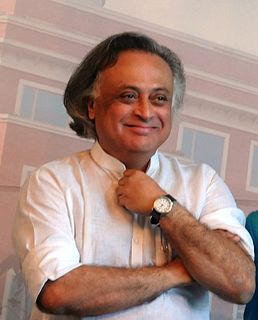A Quote by Adam Lashinsky
For years now, we've been hearing about how China is the great copycat nation, the manufacturer of designs drawn up in other countries, and then an imitator for its own products. That's been true, as the developing country followed a path that Japan and then Korea plowed before it.
Related Quotes
China has been trading technology and systems with Iraq, Iran, Syria, Libya, Pakistan, North Korea now for years and years. Indigenously? No they're not going to have one. But they're getting dangerously close to having one. We can all have reason to suspect. Why would they not if they're trading with these countries?
For seven years, I have been hearing repeal and replace from Congress. And I have been hearing it loud and strong. And then, when we finally get a chance to repeal and replace, they don't take advantage of it. We will let Obamacare fail, and then the Democrats are going to come to us and they're going to say, how do we fix it, how do we fix it?
It was good to launch the economy in the '50s. Japan did this; China did this; even South Korea did this. All the East Asians did this - import substitution. I think all countries followed import substitution in the '50s and in the '60s, but I think by the '70s, countries were getting out of that first phase of the strategy.
I've been round Japan, Hong Kong, Korea, and China in the last few months and the message that I've been taking is that New Zealand is building an up market dynamic into a connected economy. And that we are not the old-fashioned, ship mutton kind of product the people associate their export in work.
What you need to know about North Korea is that it's not like other countries like Iran or Cuba. In those countries, you have some kind of understanding that they are abnormal, they are isolated and the people are not safe. But North Korea has been so completely purged from the rest of the world, it's literally a Hermit Kingdom.
Japan admitted the Imperial Army ordered the building of these brothels and the trafficking of the women. And now that it's been 70 years, there are only 46 remaining comfort women still alive in South Korea. So also in this deal, Japan is going to pay 1 billion yen - that's about 8 million U.S. dollars - to provide social services and health care to the surviving victims.
[We] mention the South China Sea, we mention North Korea, South Korea, we mention Ukraine. We could mention five others. Yemen, and this, and that. How many places can we do this? We have a country that is a debtor nation, we have an infrastructure that is crumbling all over the place, 60% of the bridges we have in this country are in trouble.
South Korea from a country that had relatively little primary education became close to universal literacy in the course of 25, 30 years, in a way trying to replicate what Japan had done earlier. They were learning to some extent from the Japanese experience too. So I think, in a sense, the East Asians were following a path, which all other countries including South Asia could follow but chose not too.
South Korea at the end of the Second World War had a very low level of literacy. But suddenly, like in Japan, they determined they were going in that direction. In 20 years' time, they had transformed themselves. So when people go on saying that it's all because of perennial culture, which you cannot change, that's not the way the South Korean economy was viewed before the war ended. But again within 30 years, people went on saying there's an ancient culture in Korea that has been pro-education, which is true.
































